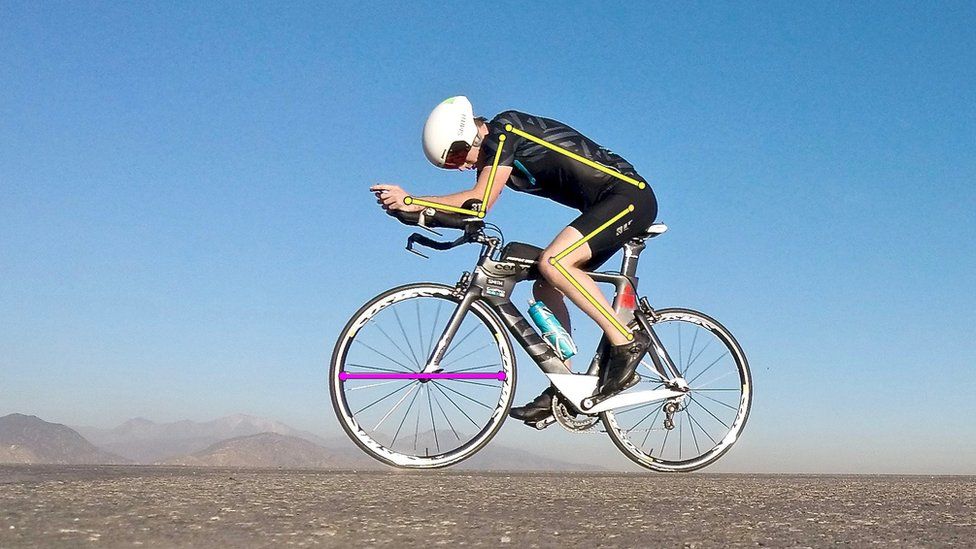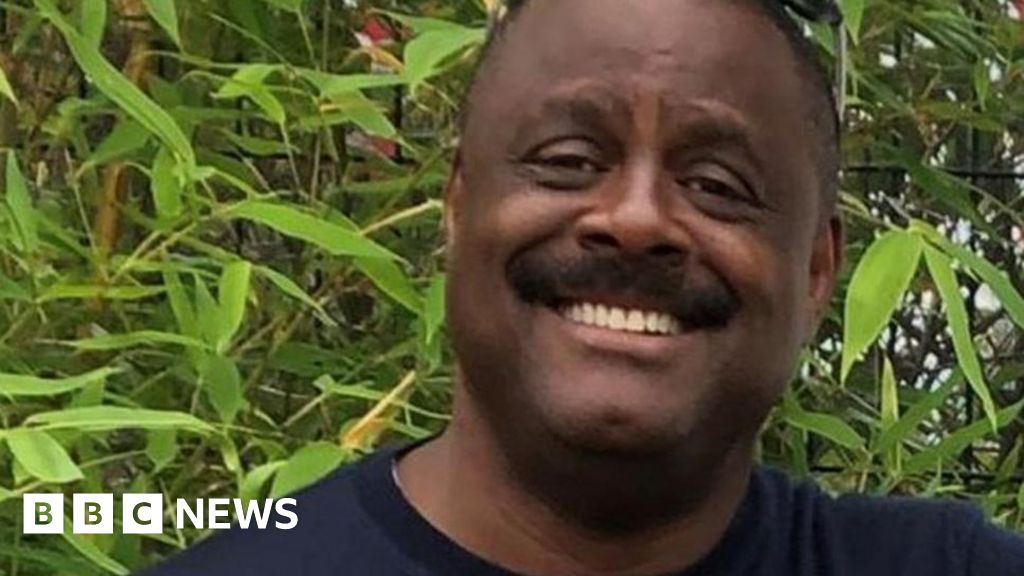ARTICLE AD BOX
 Image source, Amy Bucci, Dartmouth College
Image source, Amy Bucci, Dartmouth College
Studying triathletes' body sizes, shapes and performance was central to the research
If you are a marathon runner in search of a personal best, your body shape could be just as important as your training, analysis suggests.
A study of 170 Ironman contestants found tall, leggy runners performed better in warm climates, while shorter, stockier people had the upper hand in colder temperatures.
But the effect is seen in men only, the researchers say.
Natural selection probably means the fastest men became the best hunters.
Study author Prof Ryan Calsbeek, a professor of biological sciences, at Dartmouth College, in the US, said his research was among the first to suggest human physiology may be adapted to climate to optimise physical performance.
"Global patterns of temperature and climate may have shaped human body types to look and perform the way they do," he said.
So even before athletes leave the starting line in Ironman triathlons, marathons and other endurance events, some men may be better suited than others to racing - based on their body type and the temperatures they are running in.
Humans, it turns out, may be just like animals, with cold-adapted species tending to be burlier with thicker, shorter limbs to limit heat loss.
And in hotter climates, sleeker human (and animal) physiques are built to keep cool efficiently.
The research, published in the journal PLOS ONE, analysed 171 triathletes who had competed in at least two Ironman events - one in a hot location, the other in a cold one - and used software to measure the athletes' physiques, based on photos from the competitions.
Ironman participants have to:
- swim 3.8km (2.4 miles)
- cycle 180km
- run 42.2km
Triathletes were chosen for the study because their event is a perfect way of studying how the size and shape of the human body affects performance.
"There is one event, running in particular, that we know to be important in the evolution of humans and two events - swimming and cycling - that are not," Prof Calsbeek said, which made comparisons very useful.
He found the greatest difference in performance based on physique came in the running section.
Endurance athletes are urged to think about which climates their body shape and type might be naturally suited to, while not taking their eye off the ball on training and motivation either.
"People attempting a personal best time can think about race locations and average temperatures, to pick a venue based on how their body type is adapted to perform," Prof Calsbeek said.

 2 years ago
55
2 years ago
55








 English (US) ·
English (US) ·